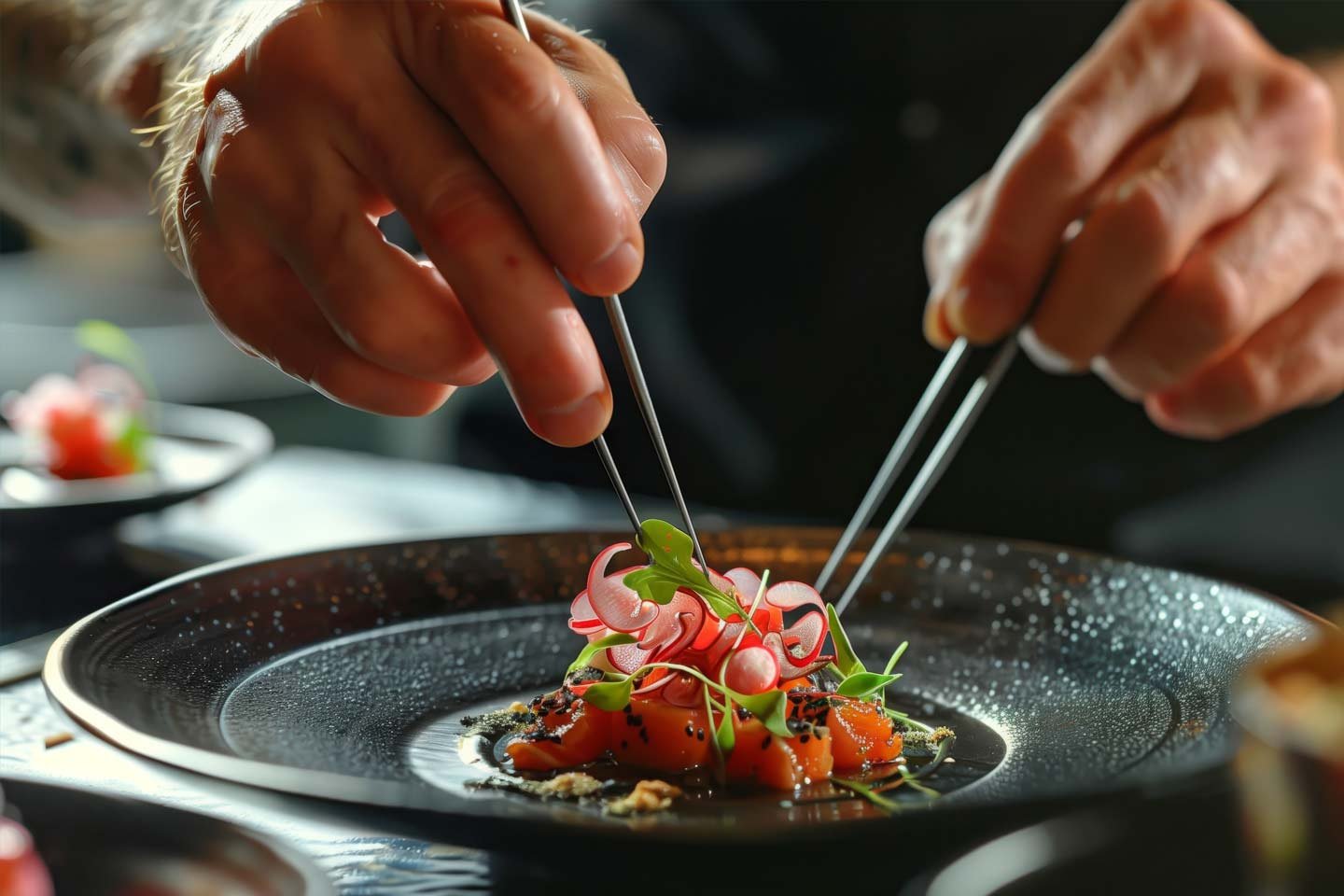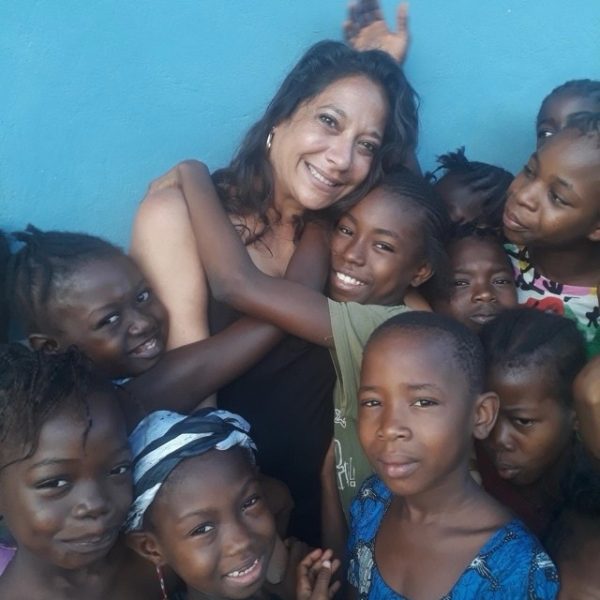People with rollercoaster emotions are my favorite. Those who’ve survived hell don’t just endure a trauma; they transform into unbreakable forces. The mentally, physically, and emotionally abused individuals I’ve met possess a quiet strength that shakes mountains. I know the weight of being labeled “DAMAGED.” I’ve asked “Why me?” in the dark, only to discover that surviving makes us unbreakable in ways the untouched world will never understand.
The Crucible of Pain
The world loves simple solutions. “Let go,” they say. “Move on.” As if trauma were a coat we could remove. But real healing isn’t about forgetting – it’s about alchemizing pain into power.
Research shows trauma survivors often develop:
- Hyper-resilience (the ability to withstand future storms)
- Radical empathy (seeing pain in others)
- Creative problem-solving (having survived the impossible)
In Lebanon, where youth face compounding crises – from economic collapse to the Beirut blast – this transformation happens daily. What appears to be survival is reinvention.
Scars as Compasses
Your wounds aren’t flaws – they’re maps. Each one says:
“Here’s where I bled, and here’s how I healed.”
That anxiety? It’s your nervous system’s genius. Those trust issues? They’re your boundaries for learning to speak. The depression? Your soul’s strike for better conditions.
The Rebellion of Recovery: You’ll be Unbreakable
Healing isn’t passive. It’s saying:
- To society: “Your beauty standards are too small for me.”
- To toxic families: “Your shame isn’t mine to carry.”
- To abusers: “You were the lesson, not the definition.”
This isn’t positivity – it’s revolution. And Lebanese youth are leading it.
Voices of Resilience: Lebanese Teen Testimonials
“From Invisible to Invincible”
*”At 16, I hid my self-harm scars. At 19, I started a mental health blog. Now strangers message me: ‘Your story saved me.'”* — Layla, 20
“War Taught Me to Fight – For Myself”
“After the Beirut blast, I stopped waiting for ‘better days.’ Now I paint murals where buildings fell.” — Yara, 22
“Love After the Unthinkable”
“My uncle said no one would want ‘damaged goods.’ At 21, I married someone who kisses my trauma like it’s holy.” — Hanan, 22
“The Math of Survival”
“They said a refugee kid couldn’t study. Now I tutor physics in three languages.” — Tarek, 21
“Anxiety as My Alarm System”
“What they called ‘overreacting’ was my intuition. Now I trust it to protect me.” — Noor, 19
“Fatherless, Not Worthless”
“Dad left, saying I’d fail. Graduating as valedictorian was my quiet revenge.” — Karim, 18
“The Art of Unbreaking”
“Drawing kept me from disappearing. Now I sell art to fund therapy for others.” — Jad, 19
“Bullied to Advocate”
“They mocked my stutter. Now I host a podcast about difference as strength.” — Rami, 17
Conclusion: The Unbreakable Phoenix Doctrine
Trauma rearranges your DNA. What grows back isn’t the same – it’s stronger at the broken places. Lebanese youth prove this daily, turning war zones into canvases, silence into podcasts, pain into purpose.
If you’re reading this through tears or tremors:
- Your survival rate so far is 100%
- The world needs exactly what your pain taught you
- “Enough” isn’t something you become – it’s something you remember
“They told you to recover like a wound.
But you?
You grew back like a forest.”
Stay Connected:
https://www.instagram.com/cosetteawad.author
https://www.instagram.com/executivewomen_
https://www.facebook.com/ExecutiveWomen
Read more articles:
https://executive-women.global/en/stefanie-renoma-the-visionary-photographer-redefining-fashion/











